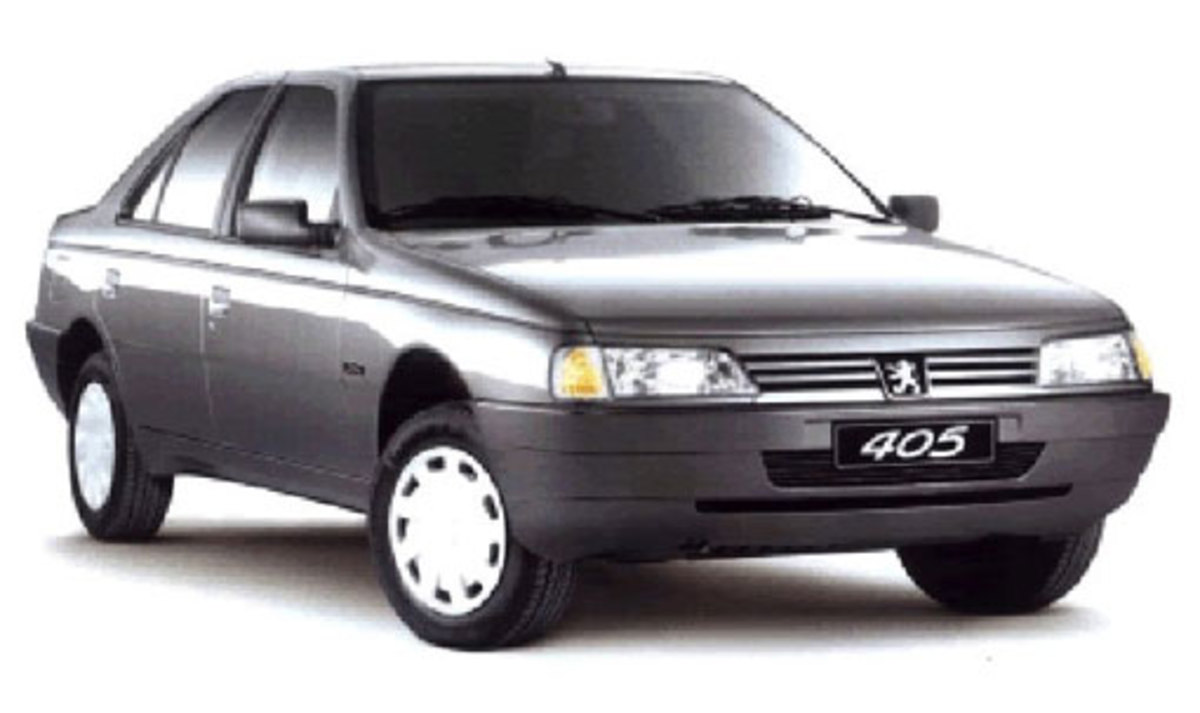How To Negotiate A Car Deal? An Effective Plan

Car Negotiation Tips
Car Negotiation Tips Can truly make a big difference as to what you will pay for your next new or used car. With a large number of car selections and assortments on the market, prices can vary drastically. That can make some sort of ambiguity for the average person who is not knowledgeable or is not educated with what he wants and needs as to what is the appropriate price for the car he/she is interested in buying.
To dissolve the ambiguity, determine what you are going to buy, then educate yourself with all the needed information. And that is the best plan that the negotiation process will be based upon. Some people fear the process of negotiation, however, once they determine which car they need and how much they expect to pay, They can move forward and negotiate with confidence. After all, as a buyer, it's your money and if you feel that you are pressurized or intimidated, walk away and do not buy.
Take it easy and release the fear or the timidity out of you. Always remember, as a buyer, it's your money and you are the decision-maker. However, to be the decision-maker, you should do your homework beforehand. Why? Because if you simply have no idea about what you are going to buy, you will most likely overpay for the new or used car that you are interested in purchasing. If the car is new, you will overpay for one-off, however, if the car is used, you overspending may extend for years to come.
Hereby comes the importance of educating yourself by identifying the car or cars that you are interested in, look up their invoice prices, TMV (True Market Value), TCO (Total Cost of Ownership), and their average prices.
To negotiate effectively and to achieve your goals, there are 2 important parts of the plan:
- Tips for preparing to negotiate a car. Or The preparations you should do before you go to negotiate either on the spot or by the phone.
- Tips for negotiating with the dealer or the salesperson that can help you get the best possible deal.

Tips for Preparing to Negotiate a Car
The car negotiation process can be very daunting and worrisome for many people, especially if they are first-time car buyers. Some people think that if they start negotiating and say an offer, the salesperson or the dealer will get offended, upset, or laugh in their face. If you will focus your thinking on the response you will get, you may as well not succeed in negotiating. You should focus your thinking on how to win the deal because as I am assuming it's your hard-earned money and you are not willing to throw it away on something that may cost less.
Considering that the car dealership is a business and performing a necessary service, the dealers have the right to make a profit. They bring cars from the manufacturers and make them available for the public to purchase. If they get a fair profit, that's normal, but when they get an excessive profit, that must be opposed. Doing your homework beforehand will give you a clear idea about the fair profit because after all the ideal car negotiation aims to let the dealer make his fair profit without ripping you off.
Regardless, you will buy new or used, pay in cash or take a loan, it's very critical to know the purchase price of the car you are interested in.
- After you set up a budget, go read the consumer reports either online or the printed magazine version and see what cars they recommend that fall into your budget scope. There, you can get an idea about what you expect to pay for the car, what other people say about the car, and the safety ratings of the car you are interested in.
- When you settled on the cars that you intend to shop for and buy one, look up the invoice prices of those cars. Typically, the invoice price is what the dealer paid to the manufacturer to get the car. Even if you pay the invoice price, the dealer earns some money in the form of holdback. The holdback is a percentage of the car’s MSRP that most manufacturers pay back to their dealers quarterly. You can use the online websites such as CARandDRIVER.com’s Buyer’s Guide, Edmunds.com, Kelly Blue Book, IntelliChoice CarCenter, Autobytel.com and Stoneage.com to help you get the invoice price of the cars that you are interested in buying.
- Once you have decided on the car or a group of cars to choose the most appropriate one among them, search online to see who is providing that can for the best price.
- Once you have found the dealership or the website which offers the best price, try to contact them to make sure that the price is currently, because maybe when you go to the spot, they tell you that this price that you got online is outdated. Therefore, it's very important to contact the dealer before you go there either via the Phone or the e-mail.
- Although you can finance your car at the dealership, it's recommended that you take a loan a bank or Credit Union because there you will most likely get a better interest rate. Bear in mind that the dealer may placate you with a good and affordable monthly payment, but negate that with a swelling interest rate and/or a longer loan term.
- Negotiating with a private party is a lot easier than negotiating with a dealer or salesperson.
- If you are going to use your used car as a trade-in, make sure that you looked up the value of your trade-in, especially with the online car valuation websites to not let anyone give you a value for your car that is less than its actual value. Smart car buyers always know the value of their trade-in.

Tips for Negotiating Better and Getting the Best Deal
Assuming that the dealer or the salesperson deal with a considerable number of clients every month, they are experienced, veteran and most likely have more leverage than you have. However, when you do your homework upfront and get well-prepared, you can counter their leverage and try to use your leverage against them.
- Do not buy a car in a hurry.
- Do not enter the dealership unprepared.
- It's recommended that you go to the internet sales department and contact them via phone or e-mail to avoid dealing with the salesperson face to face.
- Before going to any dealership, read the online reviews of that dealership. It's highly recommended to deal with the dealerships that have good customer reviews.
- Once you know the invoice price and any rebates, compare them with any price quotes you get online, then make an average price to start negotiating with the internet sales department or with the dealer on the spot at a car dealership. Prepare to negotiate from that price upward.
- Visit some websites such as Cars.com and CarsDirect to get price quotes for the cars that you are interested in investigating. So when you go to the dealer show them that you are an educated buyer. Also, tell him that you intend to visit several dealerships to get the best price so you may find him eager to give you a satisfying price.
- It may take you several hours to shop around and negotiate so it's better to eat and drink 30 minutes before you go. Also, take the necessary water and juice with you to be able to move actively.
- If you are going to finance the car by taking a loan, the dealer or the salesperson will typically show you the so-called four-square worksheet. It contains the purchase price, down payment, monthly payment, and trade-in value. It's usually their accustomed way to confuse you and reel you in their complex pricing system that may make you end up incurring extra expenses that may extend for years to come. If you face a situation like that, tell the dealer or the salesperson that you want to know the overall price of the car if you pay in cash.
- When you negotiate, it's recommended to from the invoice price upwards. Meaning, low-moving-up approach because the dealer or the salesperson will typically take the opposite approach. They will most likely start negotiating by giving you a very high offer however that means that they are willing to gradually lower the price if you negotiate persistently. If they make you feel guilty, do not feel guilty because you can say that you are still thinking and that you didn't make up your mind yet.
- Never negotiate in terms of monthly payments instead tell them that you are interested in knowing the overall price of the car. Knowing the overall price of the car will make you avoid overspending.
- If the salesman says "What it will take you to get the car today?", let him start the offer of the deal. If he let you start, say a price that is less than the invoice price or the TMV of the car.
- Do not comply with buying the unneeded extras or the add-ons that the dealer may insert them into the loan.
- Bear in mind that the Sticker Price is what the dealer wants you to pay, but your aim is the Invoice Price and any rebates if applicable to start your bid with. It's even better to start your bid less than the invoice price.
- If you feel uncomfortable or intimidated while negotiating, just turn and walk away because you can find the same car or even better car elsewhere.
Conclusion
As you can see, negotiating for a car deal effectively requires you to do your homework upfront to become an educated buyer who moves forward with confidence and who is the decision-maker. Do not let anyone pressure you to buy any car you don't like or feel uncomfortable with.
I hope that you found this article to be helpful and if you have any additional thoughts or opinions, feel free to write them in the comment section below.
This content is accurate and true to the best of the author’s knowledge and is not meant to substitute for formal and individualized advice from a qualified professional.








